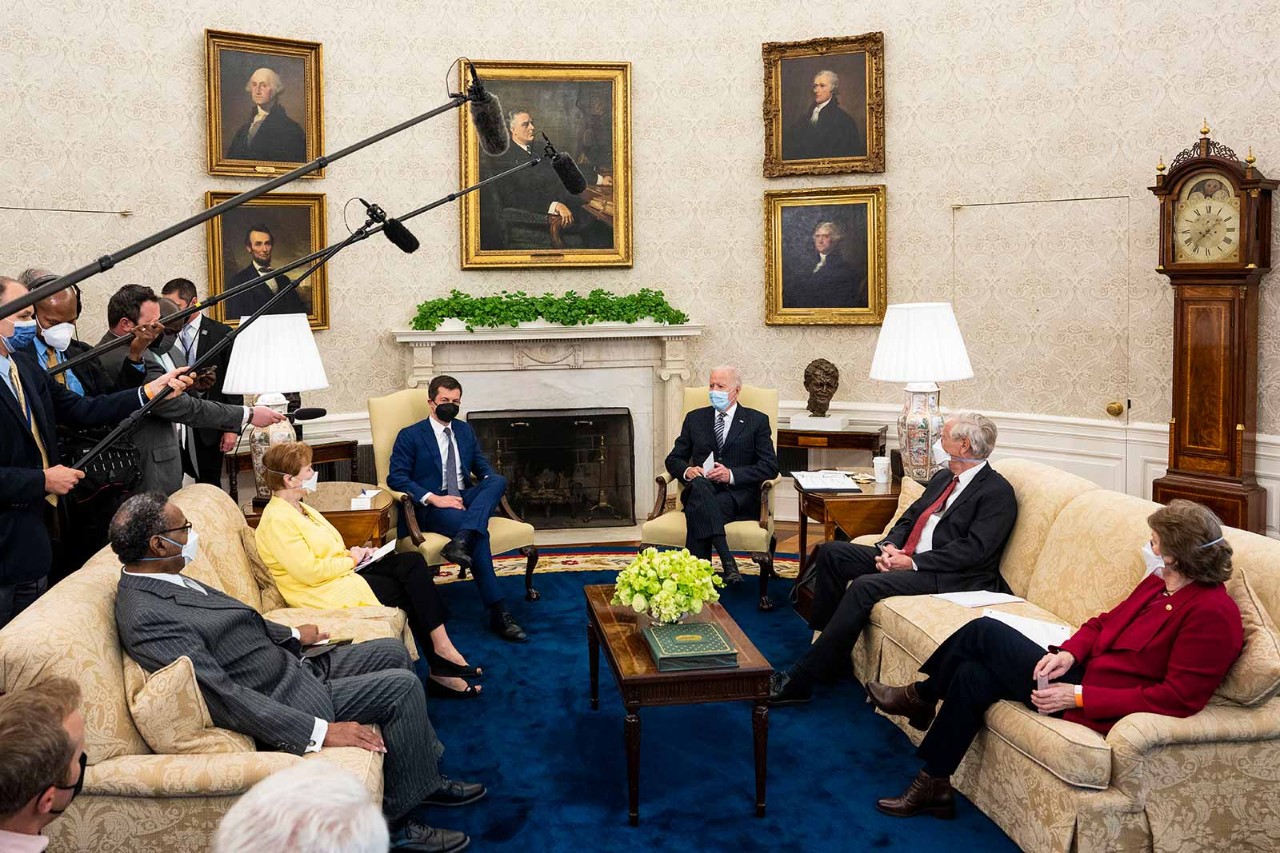
Revenue annual report
At the end of April, Revenue published its annual report for 2020, which shows a high level of voluntary compliance despite a backdrop of continued disruption and uncertainty arising from the pandemic. Revenue chairman Niall Cody acknowledged the efforts made by tax practitioners and taxpayers in delivering such strong compliance in so difficult an environment.
A statistical report published alongside the annual report puts the value of the Revenue-administered Covid support schemes for the 12 months to the end of March 2021 at €9.1bn.
Revenue has also published five reports providing statistical analysis of topics including 2020 receipts for corporation tax, income tax and VAT, together with the report on the Covid support schemes. All are available here.
CRSS restart week
Businesses registered for the Covid restriction support scheme (CRSS) can claim a restart week payment for a period of two weeks to assist with the additional costs of reopening. For example, hairdressers, who were permitted to reopen on 10 May, can claim a payment for the weeks commencing 10 May and 17 May, up to a maximum of €5,000. Revenue says that payment will generally be made within three days of a qualifying claim being submitted.
CRSS is available only while businesses are required to prohibit or significantly restrict access to customers as a direct result of the public health restrictions. Businesses that are permitted to reopen but choose not to do so are not eligible for CRSS payments for the periods in which they opt to remain closed. Section 7 of the CRSS guidelines contains more information on claiming restart week payments.
The main Covid support schemes for business, including CRSS and the wage support schemes, are due to expire at the end of June. The government intends to outline the future of these schemes by the end of May. It is expected that any extension to the schemes will be targeted at businesses worst affected by the pandemic, including those not yet permitted to reopen.
R&D tax credit
Revenue recently updated its research and development tax credit manual to further clarify its position on whether rental costs will be deemed qualifying expenditure for the R&D tax credit. Last July, Revenue updated the manual to state that rent was not deemed to be qualifying expenditure.
Following practitioner representations, Revenue has stated that it does not generally consider rent to qualify as R&D expenditure but that there may be scenarios where it will if the expenditure is incurred wholly and exclusively ‘in the carrying on’ of R&D activities. Paragraph 4.2 of the manual provides more details.
The manual has also been updated to confirm that expenditure met from government assistance under the wage subsidy support schemes (EWSS and TWSS) will not qualify for relief, and to include Covid-related practices for 2020.
EU-UK trade deal
The EU-UK trade and cooperation agreement was formally ratified on 27 April, following a vote in the European parliament. The parliament’s consent was necessary for the agreement to enter into force permanently before lapsing on 30 April 2021.
The European parliament strongly welcomed the conclusion of the agreement, in particular zero quotas and tariffs between the EU and the UK. Members of the European parliament stressed that the parliament must play a full role in monitoring how the agreement is applied, including involvement in unilateral EU actions under the agreement and having its views considered.
Disclaimer: While every effort has been made to ensure the accuracy of this information, the Irish Tax Institute does not accept any responsibility for loss or damage occasioned by any person acting, or refraining from acting, as a result of this material.




